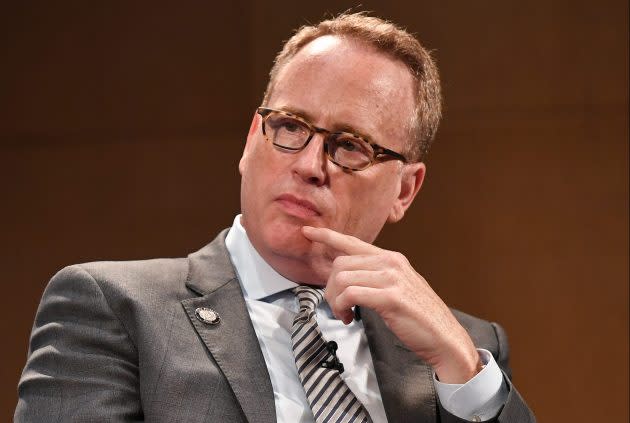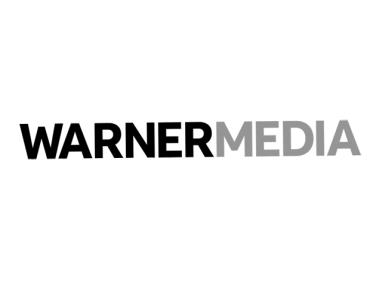WarnerMedia’s Bob Greenblatt On HBO’s New Mission, Blending Network Brands And The Outlook For Layoffs

Bob Greenblatt, newly appointed chairman of WarnerMedia Entertainment and Direct to Consumer, said angst about layoffs has been overblown, and said the company’s bid to enter the streaming wars won’t mean a firehose approach by HBO or other brands.
“We could never do the kind of shows we do in bulk,” the former NBCUniversal, Showtime and Fox executive told Deadline in an interview.
Related stories
Greenblatt contrasted the WarnerMedia restructuring, which added him in a new top-level position steering the soon-to-launch streaming effort while expanding the roles of Kevin Tsujihara, Jeff Zucker and Gerhard Zeiler, with the pending Disney-Fox deal. “That involves thousands of people doing the same thing, so there are going to be thousands of people affected,” he said. “With us, I don’t even know if it’s hundreds.” While he declined to offer a numerical range, he said the process is under way. “Now the devil’s in the details,” he said. “We’re looking at, ‘how many people need to support the network in this area or that area?'”

.
As WarnerMedia CEO John Stankey indicated to Deadline earlier today, areas like distribution and affiliate sales will be streamlined as TNT and TBS go under the same umbrella as HBO.
Speaking of the premium network, he said determining what makes an HBO series compared with one on TNT or TBS — a trickier task than it was before Kevin Reilly and Sarah Aubrey revitalized the Turner brands — will be handled case by case. “You have to go through your main programming lieutenants,” Greenblatt said. “Companies have to be run by the people who you have running them, and their passion.”
The volume of programming on HBO, Greenblatt said, “is going to increase but it’s not going to be massive. We can’t really compete with Netflix in that way and we don’t know that it’s really necessary.”
In practice, he conceded, bringing together brands that were long siloed will take some trial and error. “There’s probably going to be some overlap,” he said. “A lot of companies are having these challenges, though – look at Disney” and its task of blending a range of notable brands into a single, coherent streaming offering.
Greenblatt did not offer specifics about the streaming strategy, saying it the plans are still taking shape. Asked about what his view will be as the company deliberates the fate of properties like Friends — which has been renewed on a non-exclusive basis by Netflix, boosting WarnerMedia coffers but raising questions about strategy, he said each show is different. “You have to get in a room with all the stakeholders and hash it out,” he said.
While Stankey has talked over the past several months — and reiterated earlier today — that entertainment companies have to try to match the consumption levels of tech giants like Google and Apple, Greenblatt said that calculation won’t consciously inform his daily activities. “You have to just kind of follow your vision of what you want to do and what you want these networks to be,” he said. “However many people come [and watch] is not in my control. You just have to do the best job you can.”
Asked about the task of boosting morale among troops shaken by the abrupt exits of HBO boss Richard Plepler and Turner chief David Levy, Greenblatt said the larger cloud that has loomed over the company has been the regulatory process. “This is a company that has been in the process of a transaction” as AT&T finalized its $81 billion acquisition, “for more than two years. That’s almost unprecedented,” Greenblatt said, recalling his arrival at NBCU in 2011 after Comcast ended its year-long quest for control of the company.
“I believe people are in the place where there’s a sense of relief and positive, forward movement where the company can get going again,” Greenblatt said. “This reorganization makes a lot of sense. People are excited.”
Working for AT&T is a clear plus, Greenblatt said, waving away any chatter about cultural differences between the telecom parent and its media assets. The parent company “A) wants to win and B) wants to invest,” he said. “That can give us a wind at our backs.” Given the support from the corner office, he said, “I’m going to bet on John Stankey.”
Sign up for Deadline's Newsletter. For the latest news, follow us on Facebook, Twitter, and Instagram.
